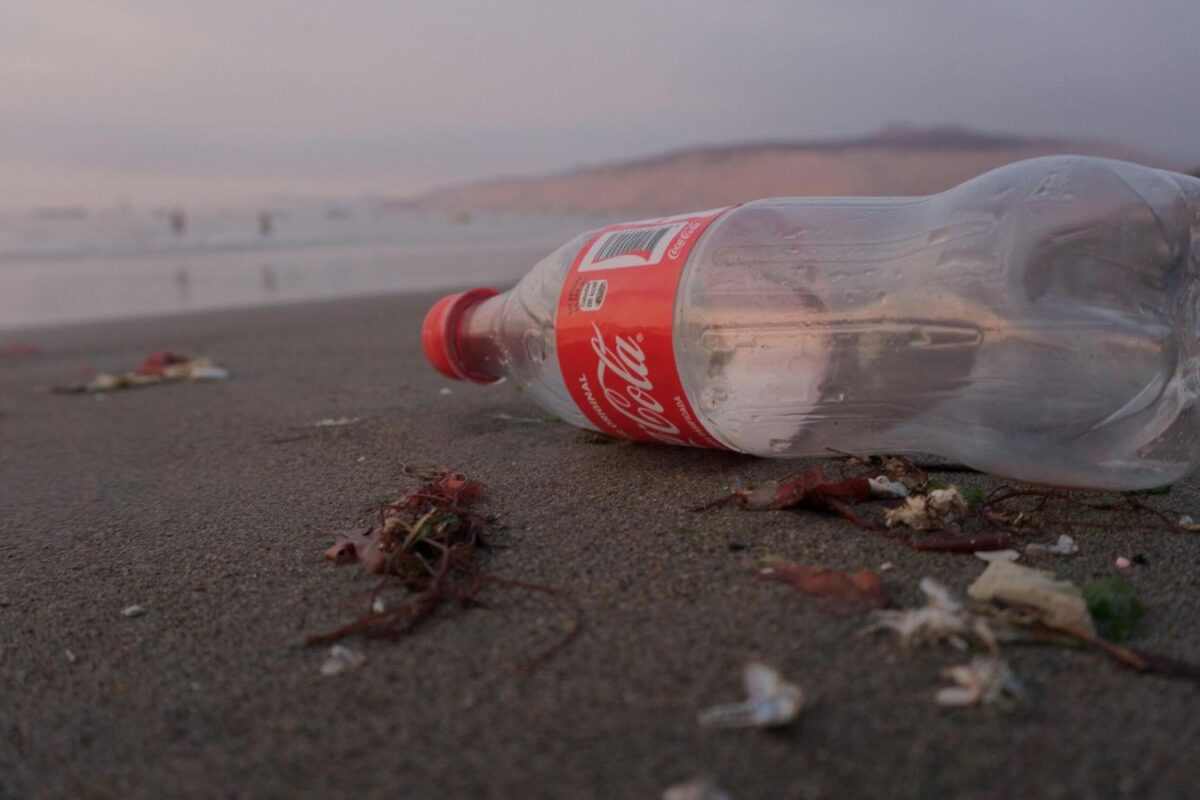Coca-Cola, Danone, and Nestle have come under fire for the alleged deception in their marketing claims regarding the extent of plastic recycling in their products. Concerns have been raised regarding their assertion that their single-use plastic bottles are entirely composed of recycled materials. However, recent investigations have shed light on the inaccuracies of these claims.
The Deceptive Claims Unveiled
The European Consumer Organisation (BEUC), in alliance with environmental groups ClientEarth and Environmental Coalition on Standards (ECOS), has filed a complaint with the European Commission, citing the misrepresentation in the firms’ assertions. The core contention revolves around the misleading nature of claims regarding the bottles being entirely made from recycled materials when in reality, non-recycled plastic is often incorporated into their production.
Challenges in Achieving Sustainability
Ursula Pachl, deputy director general of BEUC, emphasized the predicament faced by consumers who are increasingly striving to make environmentally conscious choices. She pointed out the prevalent use of misleading claims like ‘100% recycled/recyclable’ and the strategic display of nature-themed visuals that propagate the false notion of plastic being eco-friendly.
Recycling Realities and the Plastics Predicament
Despite the theoretical recyclability of the bottles, the practicality of their recycling remains a challenge. Often, these bottles do not find their way into the recycling system and end up contributing to environmental pollution, including litter on streets and in oceans. Notably, plastic bottles rank among the most commonly found items in the environment, second only to cigarette butts, according to the United Nations Environment Programme.
Corporate Commitments and Criticisms
Coca-Cola, one of the major players in the industry, has pledged to tackle the issue by striving to reduce their plastic packaging usage. Their ambitious goal of achieving a one-to-one collection and recycling ratio by 2030 underscores their commitment to sustainable practices. However, critics argue that such measures might not suffice given the staggering volume of plastic production globally.
Danone’s Stance and Progress
On the other hand, Danone has demonstrated a commitment to circular packaging practices and has made tangible progress in reducing single-use and virgin plastic usage since 2018. Despite these efforts, the challenges of establishing an effective recycling infrastructure persist, prompting the need for comprehensive collaborations and intensified initiatives across the industry.
As the debate continues, the need for transparent and substantiated claims from these major corporations remains critical. The quest for achieving a more sustainable and eco-friendly future demands not just individual company efforts, but a collective commitment to overhaul the existing practices in the plastics industry.

1 Comment